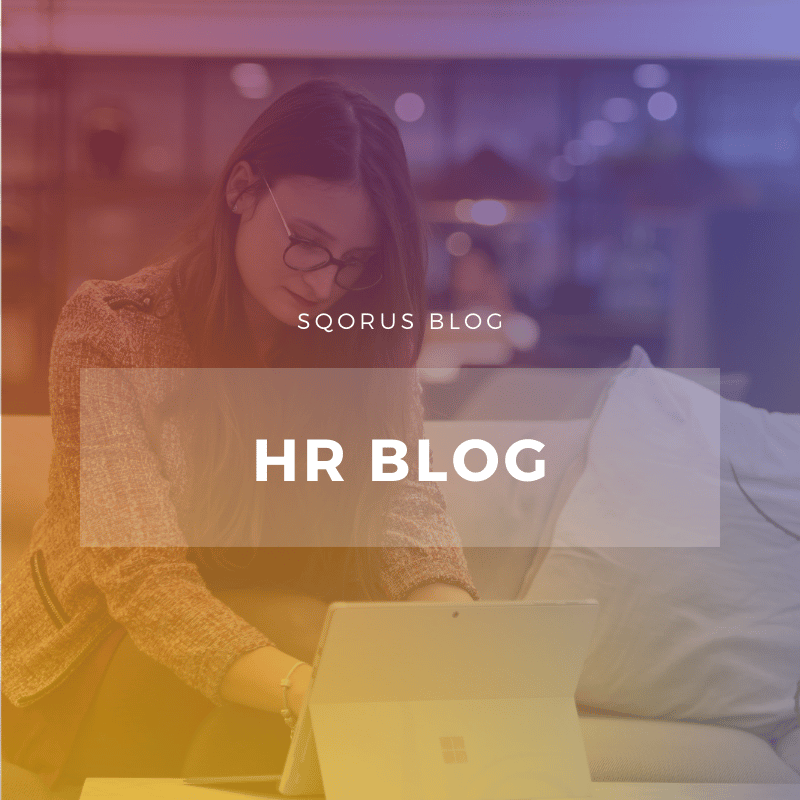Generation Y is changing the way work is organized: an opportunity for companies!
Generation Y, those born between 1980 and 2000, will be over 75% by 2030. These millennials, coming from a world turned towards the Internet, will soon be the majority in companies. As a result, the organization of work has been turned upside down and requires a new definition of jobs and their relationship with human resources. You will find this theme in our technological innovation file.
HR Strategy

Transforming the conditions and places of work
This generation of digital natives is used to new technologies. Accustomed to open space, this generation likes to work on busy desktops so they can interact with their colleagues.
Millennials
They are also comfortable working remotely and easily perform their tasks without having to be seated. Having a welcoming and pleasant workplace becomes more important than having your own closed office.
Hyper-connected in the personal sphere and thus familiar with the media and social networks, this generation does not hesitate to share its feelings about its professional experience on the networks. With the boundary between the private and professional spheres tending to disappear, companies must adapt their tools and exchanges to accommodate these employees both internally and in their external communications.
Companies, whatever their size, will adapt their organization to these new expectations and motivations in order to retain committed employees and attract future leaders.
Reconciling work, leisure, independence and giving meaning to life
While previous generations dreamed of joining a large structure where they would evolve until they finished their career, millennials are looking for rewarding professional experiences, even if it means changing companies or creating their own start-up. The notion of loyalty, “over the years”, to one’s employer, which could lead an employee to consider first the interests of his company before his own, is now obsolete. It is transformed by the loyalty to the company that gives them a sense of purpose in their work.
Involved in his company, the generation Y employee expects in return to be considered as a partner and not as an employee. Faced with these expectations, the manager must communicate regularly with his employees, both to provide feedback on the work accomplished and to listen to their needs. It is a major challenge for middle management to position itself as a facilitator of the employee’s career and a coach in daily work.
Moreover, this generation is attentive to the impact of their company in its environment. For example, she questions the compatibility between her personal convictions and the company she works for, particularly in terms of social and/or environmental responsibility .
Beyond that, even if the boundary between private and professional spheres is becoming blurred, the new generations will not sacrifice their personal life for their job, having put family and friends back at the center of their concerns. It is important for them that their company respects this choice and implements actions in this sense (for example: email boxes are no longer functional after 6pm in some companies).
HR must include these new behaviors in their policies to ensure the engagement of Generation Y.
A necessary review of the professions of the future
The world of work is adapting to this new generation, which is now in the majority in companies. Therefore, tomorrow’s jobs will have to be adapted. Not long ago, you could still see a person who had done the same job for his entire career. Today’s generation Y is no longer satisfied with a job or a skill.
It has a thirst for continuous learning and considers that people will no longer be tied to a specific type of function, but rather to a range of skills. With these, employees will be able to work in a variety of jobs. Thus, the “gig economy” (marketplace for exchanging skills) will lead to a change in the labor market, with the multiplication of in-house “ gig jobs ” for mobile employees, assigned to short or medium-term missions. Members of Generation Y will find an answer to their desire for freedom and flexibility.
The opportunity to seize
These changes are already underway in the world of work, or even largely already in place, for example in start-ups. HR can provide concrete answers to the expectations of this generation and initiate transformation policies in the company. Similarly, middle management has a key role to play in supporting this generation. The train is already moving, if you haven’t already done so, get on board.
DOWNLOAD OUR FREE WHITE PAPER
HOW TO CARRY OUT A HRIS PROJECT IN YOUR COMPANY?
Also read in our file "to carry out a HRIS project in your company":
- The digital transformation of HR functions: what role for the HRD?
- The major challenges for human resources management in the future
- Regulatory issues for HRDs to master in 2019
- Valuing the employee experience, a priority for HR departments
- Improving the company's HR processes, the major challenge for HR departments
- Human Resources Information System HRIS, what is its use?
- HRIS to improve the company's HR processes
- Human resources and technologies for business performance
- What technological tools are available to HRDs?
- HRD: which HRIS solution to choose for your digital transformation?
- Help in choosing an HRIS: why use a firm?
